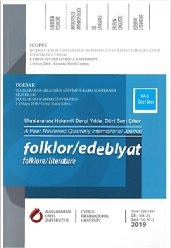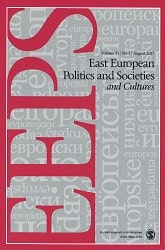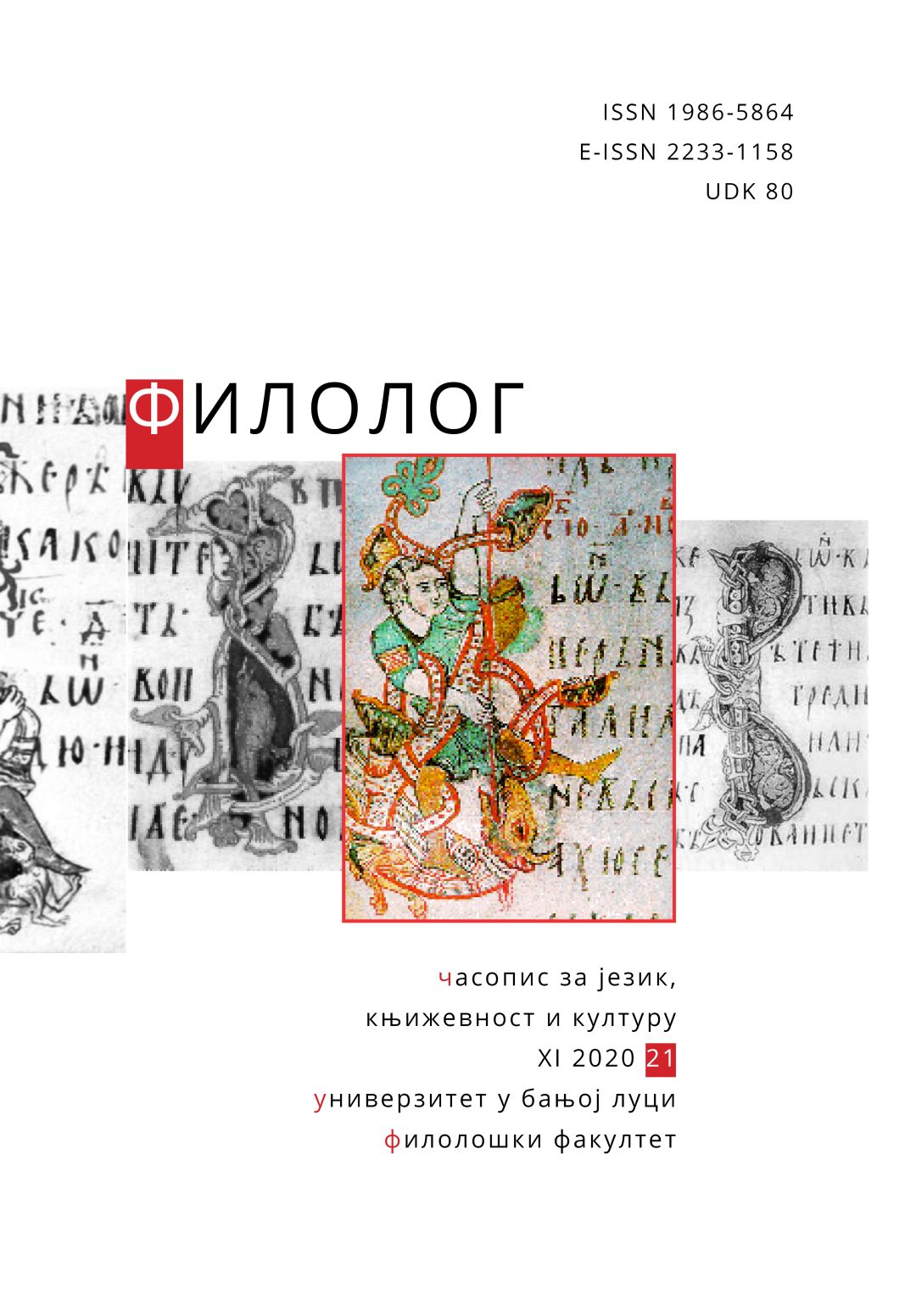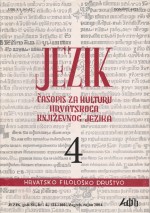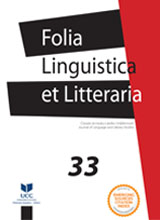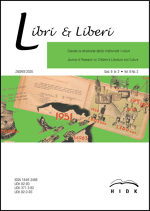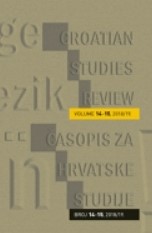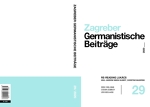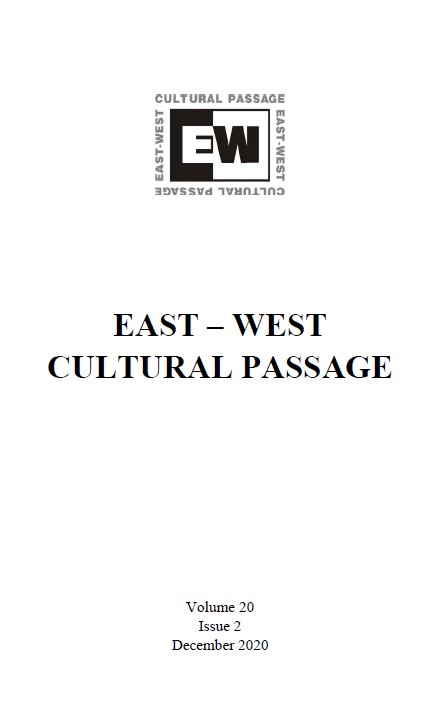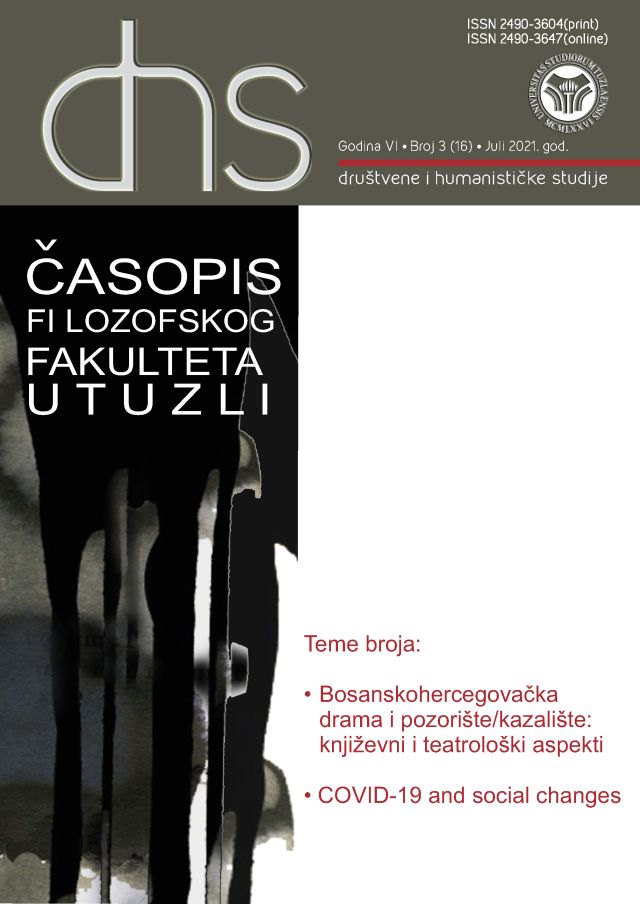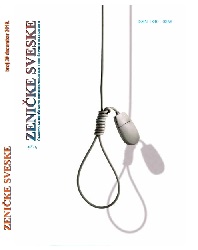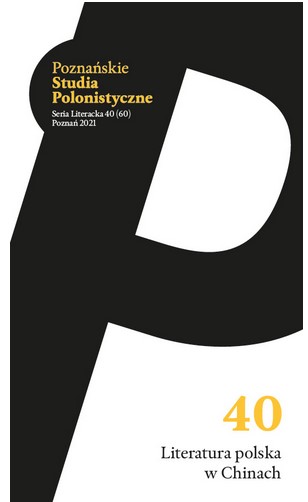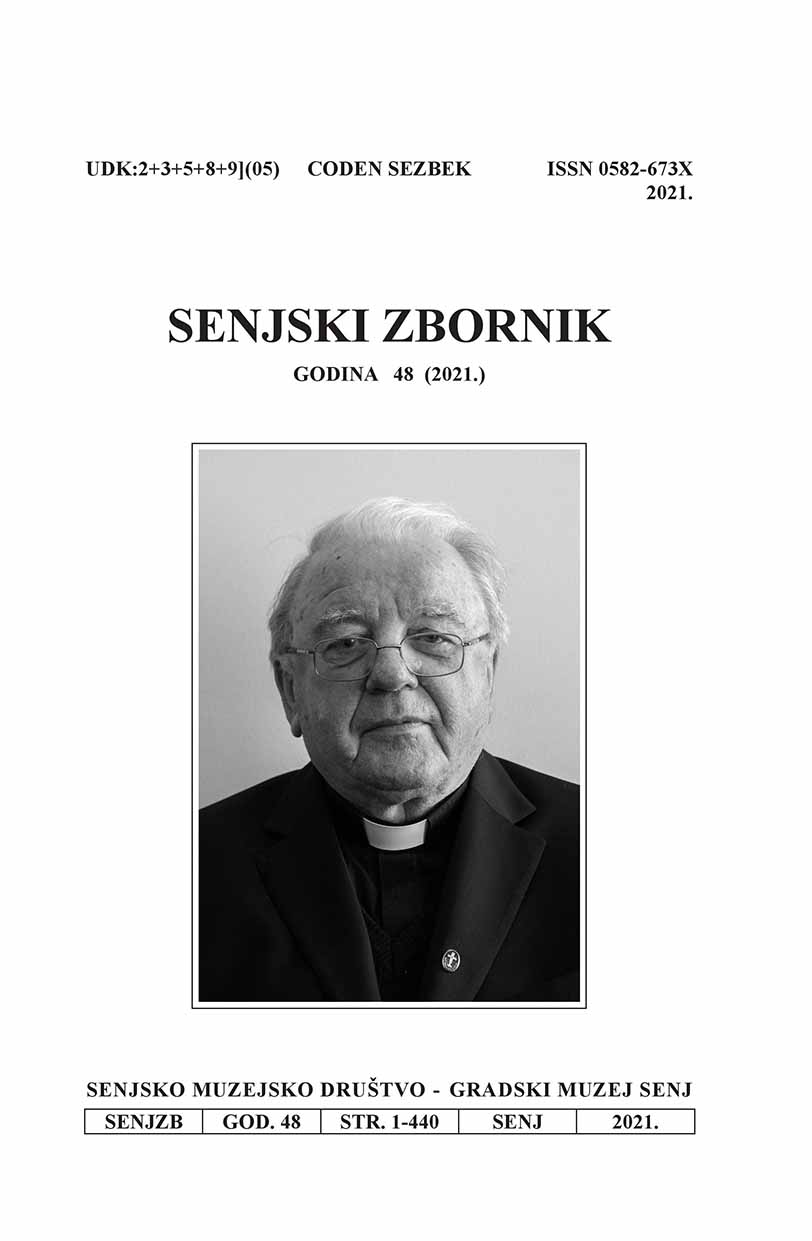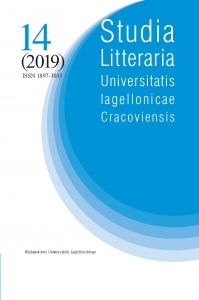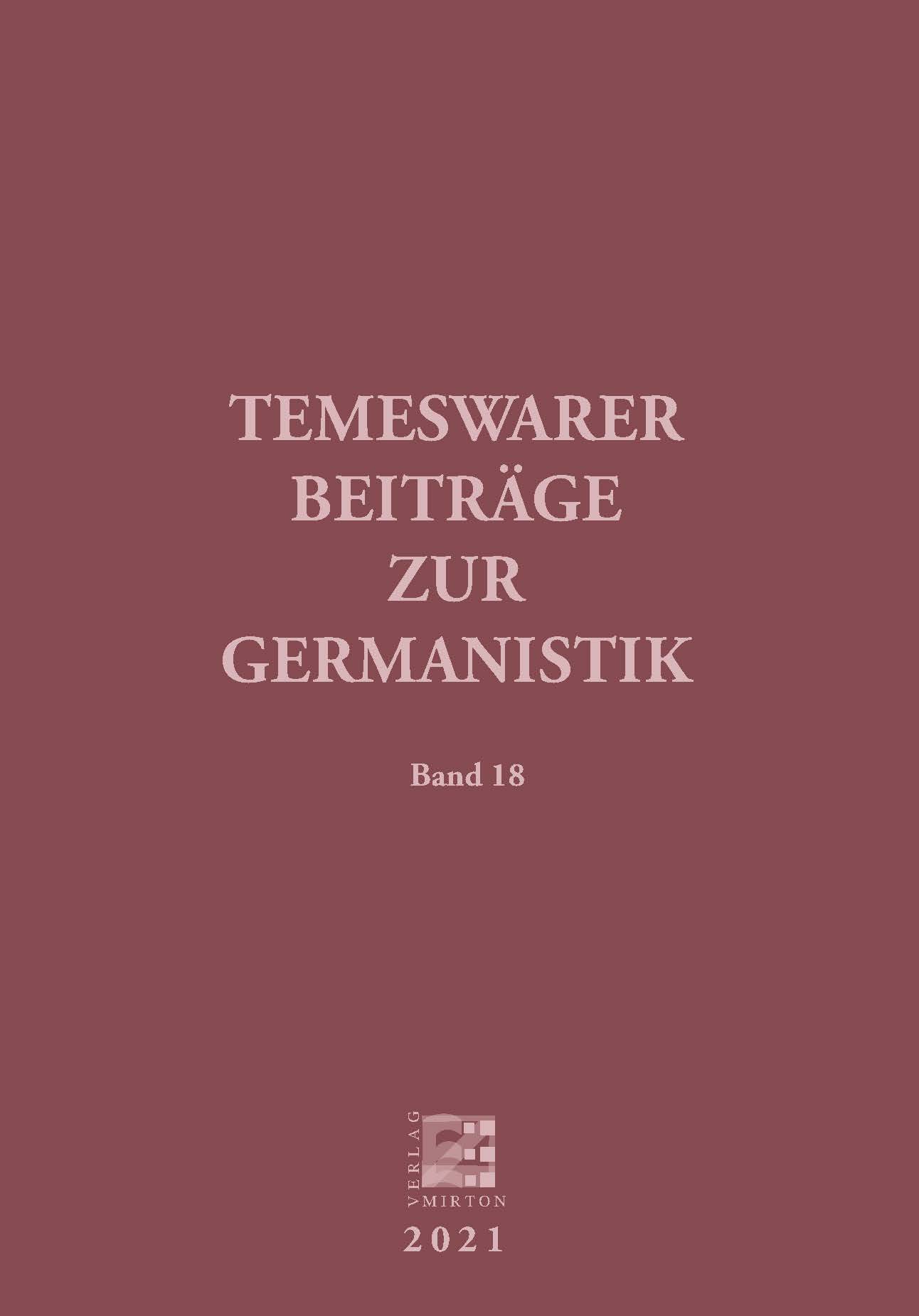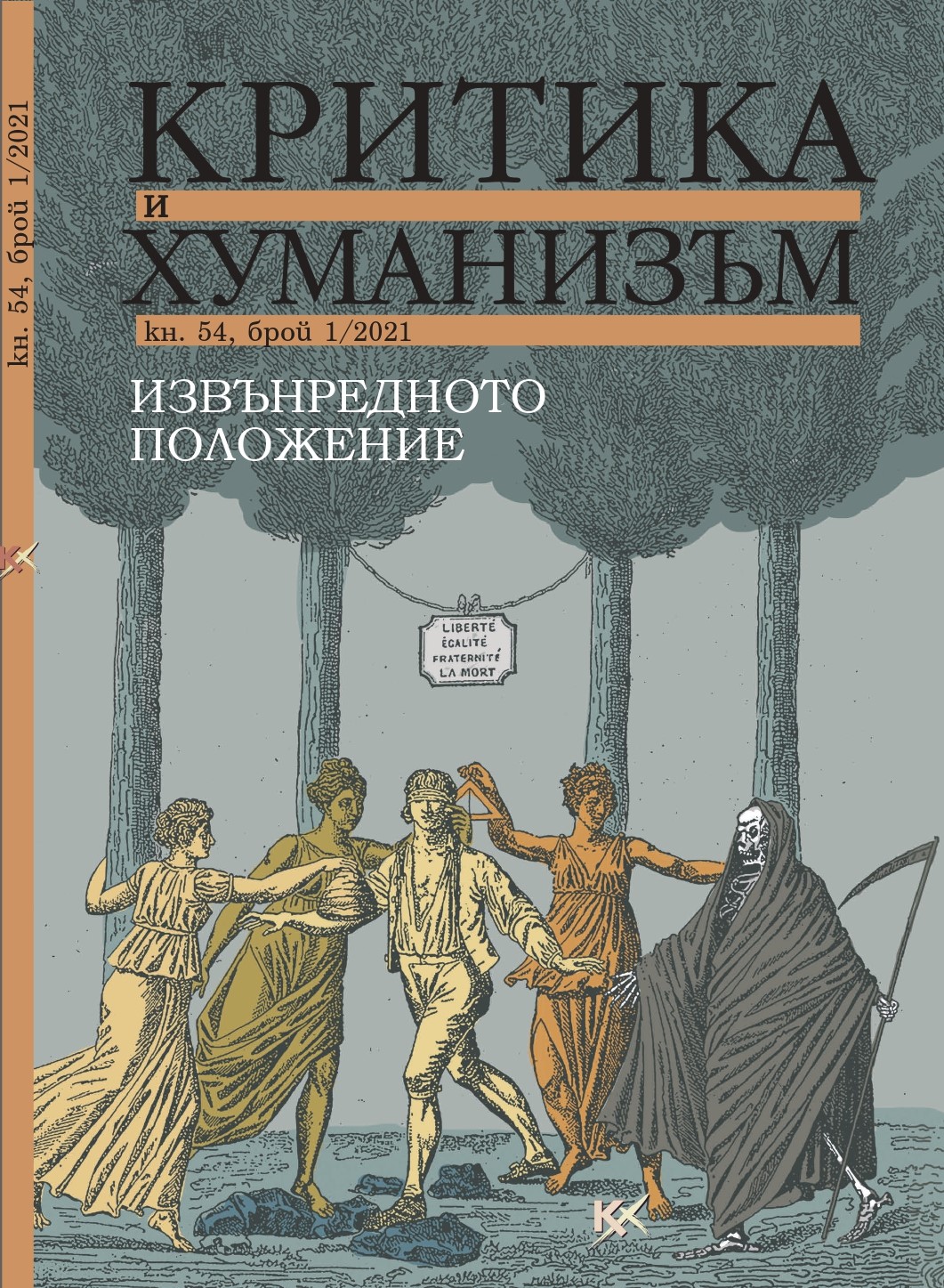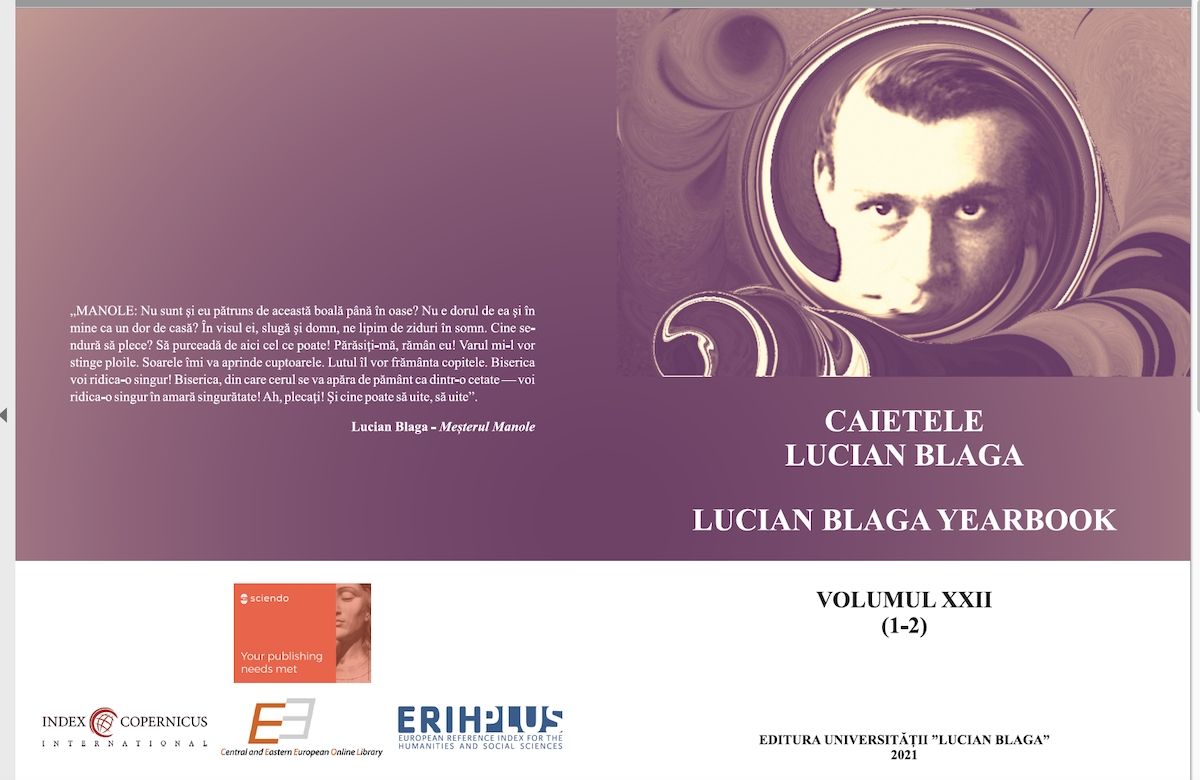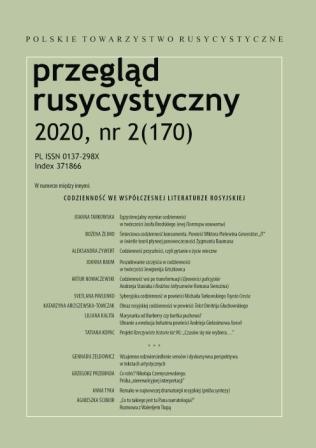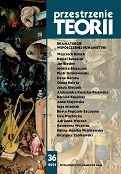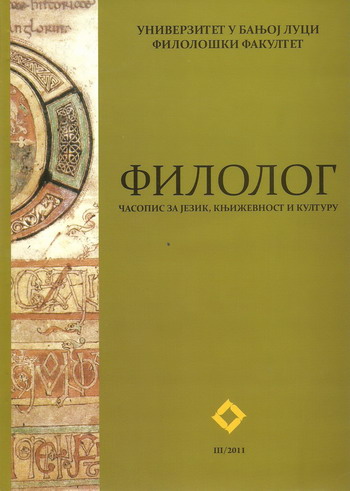
Статус медија у савременом експерименталном писању
In this paper I am dealing with the experiments in poetry and postdrama theater. New British drama in the work of Sarah Kane and Martin Crimp are taken as exhamples of postdrama experiment, realized in the First world country. In my focus then is Ivana Sajko’s work, which is realized in the context of postcommunist Croatia. Experiment in poetry is investigated in the work of American language poets Bob Perelman and Charles Bernstein, and poets such as Jerome Sala and Elaine Equi. Then I am dealing with Jelena Savić and Ljiljana Jovanović’s work, which is realized in postsocialist Serbia. My interest is to investigate the relation of experimental writing, its cultural contexts and its relation to media culture.
More...
